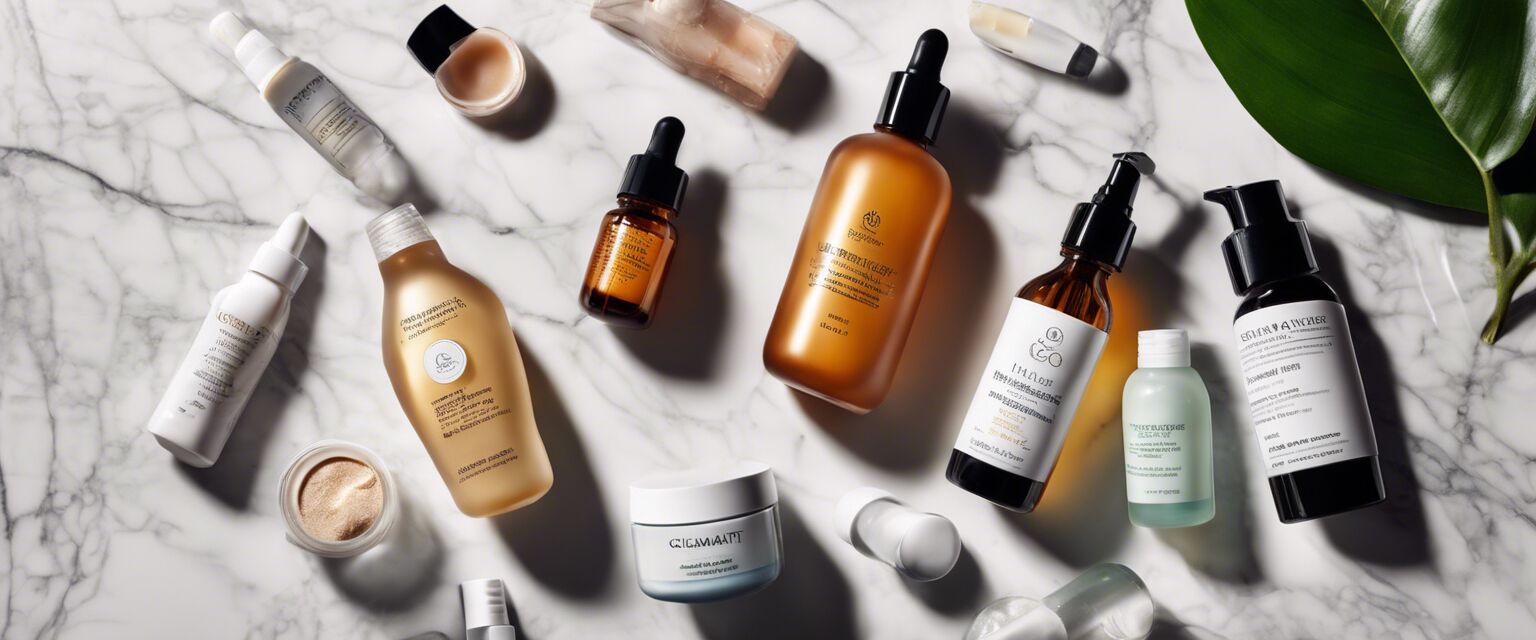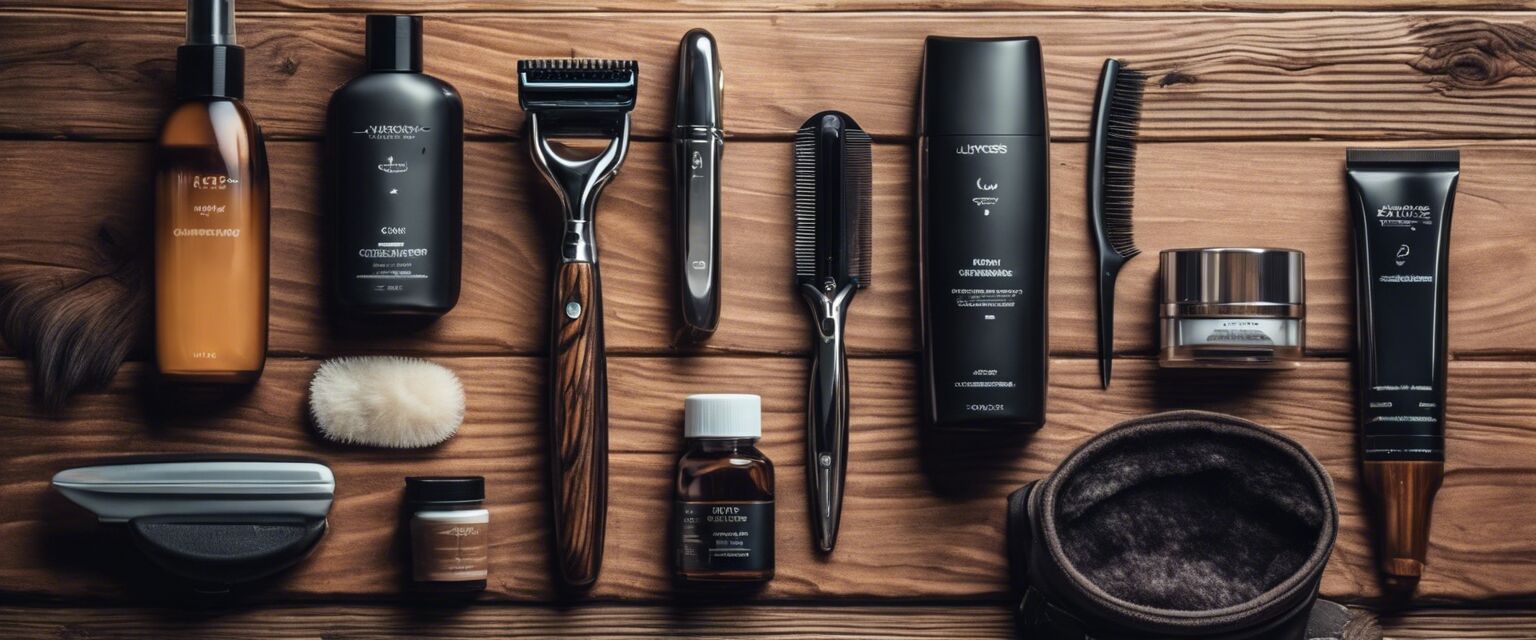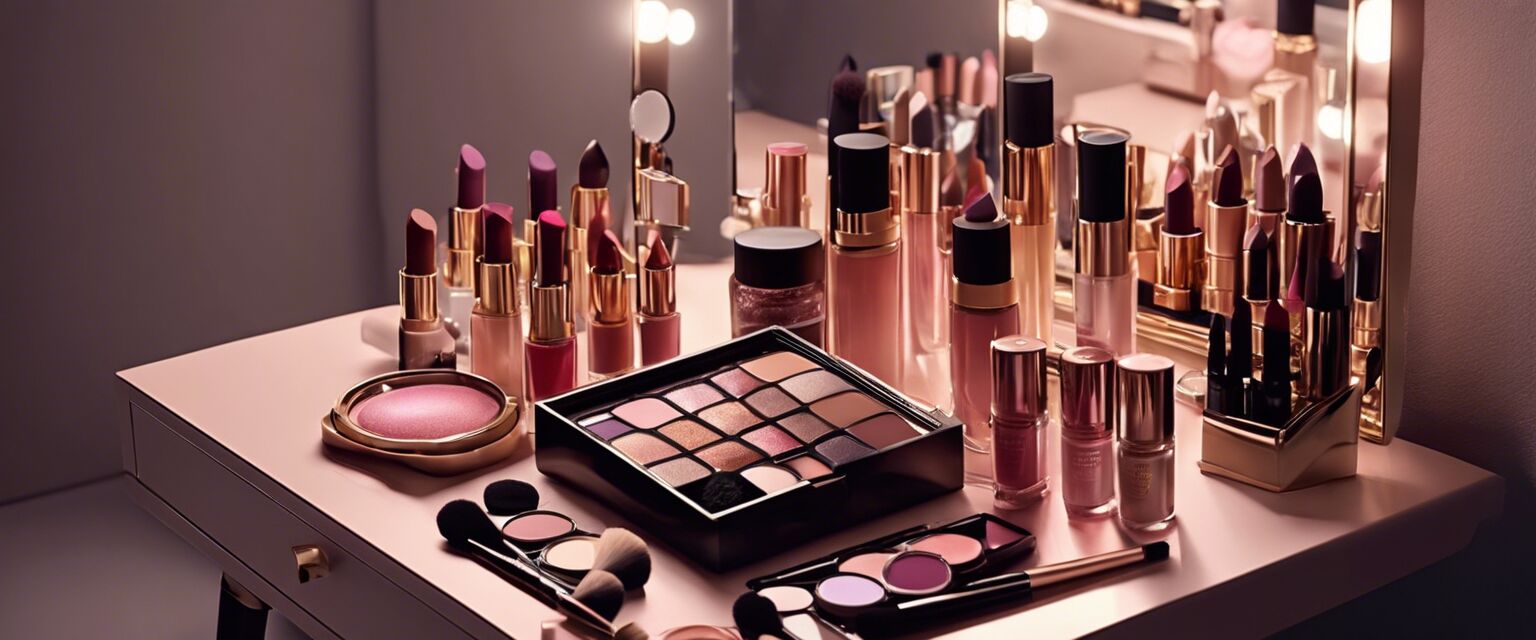
Anti-Aging
Key Takeaways
- Understanding the aging process is crucial for effective anti-aging strategies.
- Regular skincare and hydration play a significant role in maintaining a youthful appearance.
- Healthy lifestyle choices, including diet and exercise, can greatly impact skin health.
- Innovative treatments and technologies are available to combat signs of aging.
Aging is a natural process that everyone experiences. However, the desire to maintain a youthful appearance has led to the development of numerous anti-aging practices, treatments, and products. This article explores various strategies to help you look and feel your best, highlighting the importance of skincare, nutrition, and lifestyle choices.
Understanding the Aging Process
The aging process affects our skin and body in several ways, including:
- Loss of elasticity and collagen
- Decreased hydration and moisture levels
- Increased visibility of fine lines and wrinkles
- Changes in skin tone and texture
Factors Influencing Aging
| Factor | Description |
|---|---|
| Genetics | Inherited traits that affect skin aging. |
| Sun Exposure | UV rays can accelerate skin damage and aging. |
| Diet | Poor nutrition can lead to premature aging. |
| Stress | High stress can negatively impact skin health. |
| Smoking | Smoking contributes to skin aging and wrinkles. |
Essential Anti-Aging Practices
Skincare Routine
A consistent skincare routine is vital for combating aging. Essential steps include:
- Cleanser: Remove impurities and excess oil.
- Toner: Balance skin's pH and prepare for treatments.
- Serum: Target specific concerns like wrinkles or dark spots.
- Moisturizer: Hydrate and protect the skin barrier.
- SPF: Protect against UV damage.
Hydration and Nutrition
Staying hydrated and maintaining a balanced diet can significantly impact the health of your skin. Consider incorporating the following foods:
- Antioxidant-rich fruits like berries and oranges
- Healthy fats from avocados and nuts
- Lean proteins such as fish and legumes
- Whole grains for sustained energy and nutrients

Innovative Treatments for Anti-Aging
There are several advanced treatments available for those looking to reduce signs of aging:
- Botox: A popular injection that temporarily reduces the appearance of wrinkles.
- Dermal Fillers: Used to restore volume and fullness to the skin.
- Chemical Peels: Improve skin texture and tone by removing dead skin cells.
- Laser Treatments: Targets specific skin concerns like pigmentation and wrinkles.

Wellness and Lifestyle Choices
Incorporating wellness practices into your routine can enhance your anti-aging efforts:
- Regular exercise to boost circulation and improve skin health.
- Mindfulness practices such as yoga and meditation to manage stress.
- Adequate sleep to promote skin repair and rejuvenation.
Common Myths About Anti-Aging
It's important to debunk some common myths surrounding anti-aging:
- Myth: Only older individuals need anti-aging products.
- Myth: Expensive products are always the most effective.
- Myth: Aging can be fully stopped with the right cream.
Conclusion
While aging is inevitable, there are numerous strategies and products available to help you maintain a youthful appearance. From skincare routines to lifestyle changes, each step can contribute to your overall well-being. Embrace the process and find what works best for you!
Pros
- Comprehensive understanding of aging factors.
- Variety of treatments available for different skin concerns.
- Emphasis on holistic approaches to beauty.
Cons
- Some treatments can be costly.
- Results may vary based on individual factors.
- Not all products are suitable for every skin type.
Tips for Beginners
- Start with a simple skincare routine and gradually introduce new products.
- Always patch test new products to avoid reactions.
- Consult with a dermatologist for personalized advice.
- Stay informed about new anti-aging research and products.








